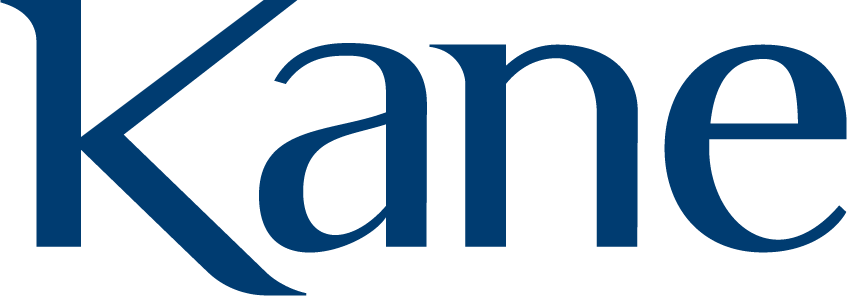Reputation Capital: Your Most Important Asset in a Digital World
Don’t ignore what could be your most valuable investment in a digital age.
With crisis communications as one of Kane’s core services, we meet a lot of people going through tough times in their careers. From committing social media faux pas to navigating global pandemics, people come to us when their reputation is at its most vulnerable.
Some projects are relatively simple — we explain the situation to an engaged audience and action is taken to improve things for all stakeholders. Other projects are less simple, filled with pivots, passes, uncomfortable press briefings and sleepless nights for their team and ours. The key difference in those projects is who walked through our doors with the most reputation capital --and also who had the least problematic Twitter accounts.
Reputation capital is often ignored, but with most business and conversation happening in digital spaces, it’s quickly become an asset that requires attention and investment. Information travels at the speed of a keystroke, making or breaking reputations and businesses in mere seconds.
What is reputation capital?
Most people I talk to understand capital. It’s a set of tangible assets that help you accrue more tangible assets. P&Ls, balance sheets and monthly spending reports tell you how much capital of what kind you have and how much more you need to meet your business goals. Reputation capital is the set of intangible assets that add up to how people think, feel and respond to you or your organization. While things like surveys and social sentiment reports give you an idea of how you’re faring, reputation capital is not as easily measured and often more uncomfortable to address.
Why do I need reputation capital?
While intangible, reputation capital is still spendable. Most immediately, you spend your reputation capital in a crisis. If a product launch fails or you end up getting sued by the SEC over a bad weed joke, you’d better hope this is not people’s first impression of you. When you have enough reputation capital banked, you can cash it in to rebuild trust and rebound the business, sometimes succeeding despite yourself and to incredible degrees.
Those who have a solid bank of reputation capital can invest it in others, creating partnerships and giving platforms to deserving entrepreneurs, artists and thought leaders who are working to move the world in a similar direction. Recently, the Duchess of Sussex, Meghan Markle, used her capital — both tangible and intangible — to invest in Clevr Blends, a woman-owned wellness start-up focused on ethical ingredient sourcing. Clevr Blends aligns with Markle’s values, and she was able to bring attention to an otherwise under-funded female startup, even tapping into Oprah’s Midas touch. Strong reputation capital gives you the power to affect the entire business landscape.
How do I build reputation capital?
Much like more tangible capital assets, the more reputation capital you have, the easier it is to grow. Build your reputation capital by making smart investments early. A lot of organizations come to me with an objective to raise awareness, but simply aiming for awareness is like focusing solely on working capital. You have enough on hand to pay your bills, but one bad month could kill your entire business. Instead, aim to find audiences who share your values and engage with them. Create content that sparks conversation, respond meaningfully and cultivate relationships over time. Through the effort, people will inevitably become aware of you, but when the goal is to engage, you begin to build the reputation equity you need for long-term success.
Plenty of businesses, leaders and organizations have fulfilling careers with minimal investment in their own reputations. They often refer to themselves as “the best-kept secret in the industry” because they’re diligently focused on customer service, quality products and creating a great place for people to work. However, the leaders who are able to shape their own destinies and affect change in the world make the extra investment in that intangible reputation capital.
Looking to invest in your reputation? Contact us to discuss how the right combination of branding, creative and PR can build your reputation capital.

